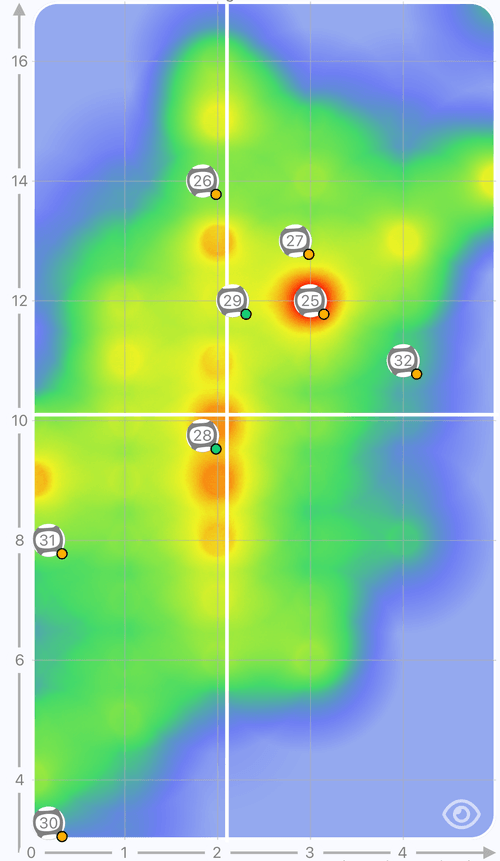THE 3 TIPS TO WIN THE JACKPOT
A comprehensive guide designed with strategic insights and practical tips to increase your odds to win the jackpot
Best Practices
Smart strategies to maximize your potential winnings and improve your odds.
Learn moreLeverage on Statistics
Use data-driven insights to make informed decisions when selecting your numbers.
Learn moreAbbreviated Wheel System
Optimize your play with advanced wheel systems to cover more combinations with fewer tickets.
Learn more
